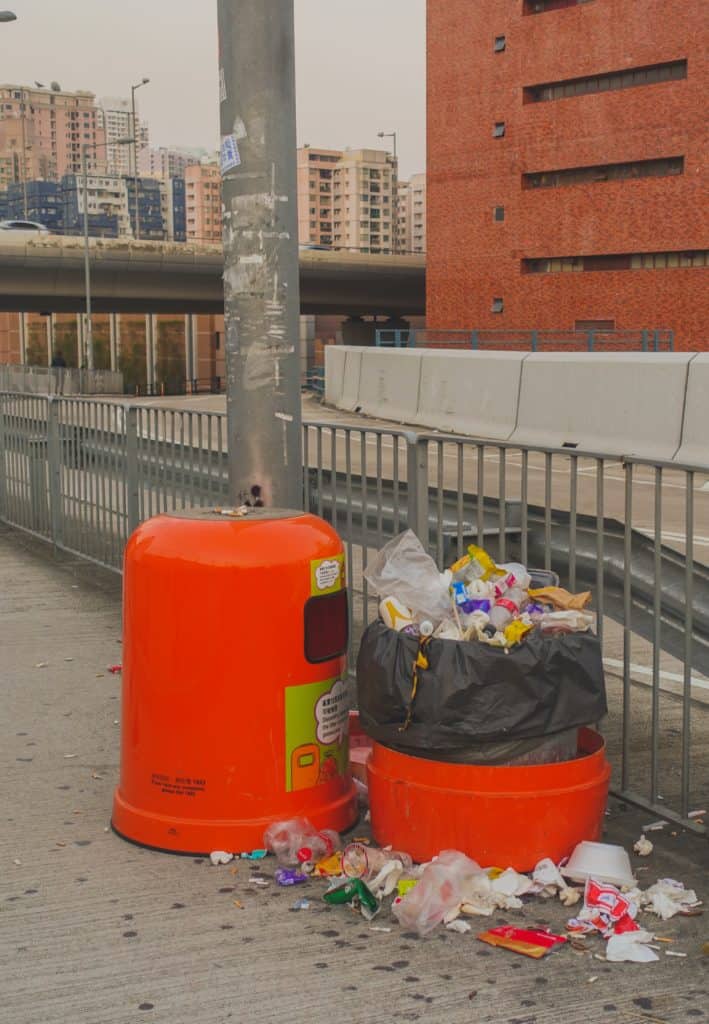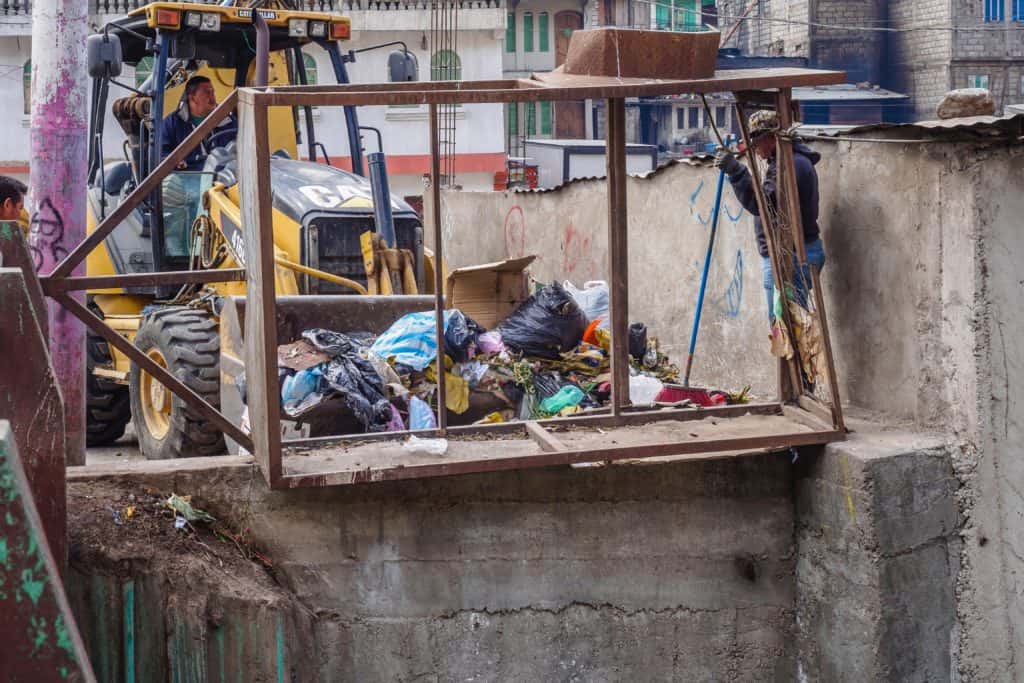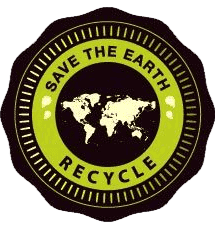There are over 2000 landfills currently open across the States, adding to the pollution in our environment and making our country an uglier place. Landfills may not look too bad if you’re in the area but it’s the damage they’re doing to the ground which counts. The land is packed full of toxic chemicals, greenhouses gases and leachate, all hazards for not just us, but all future generations. Proactive approaches to deal with waste are key to avoiding more damage to the environment, and the government is making big commitments to moving forward on solid waste management, so we should all look to do the same.

The Environmental Protection Agency committed to a goal of reducing all food loss and waste by 50% by 2030. This was first agreed in 2015 and we’re well on our way towards the end date with much more action necessary. In 2018, estimates suggest that more food reached landfills and combustion facilities than any other single material from our everyday trash. Our trash cans are packed out with all kinds of products which we could probably find a better use for, and more importantly than this, dealing with food waste can help to limit the impact of landfill on climate change in the US.
Denton, Maryland and area homeowners and business owners rely on Eagle Dumpster Rental to provide effective, affordable roll-away dumpsters suitable for all types of jobsites and projects.
How Much Do We Know about Household Trash?
It’s a shameful fact that Americans waste $240 billion in food each year. Much of this food waste is tipped straight into landfills and we think nothing more of it but to move forward and actively contribute to a greener future, everyone needs to be significantly more mindful about their trash, from buying better to using better recycling.
Michigan State University’s latest Food Literacy and Engagement Poll found 88% of respondents believe they are taking steps to reduce food waste home. While this looks positive, we need to look at what households can actively do to reduce their wastage and minimize their impact on the environment.
Household trash is often thrown in a black bag and forgotten about, and this is the first problem. It varies from state to state but most areas have recycling schemes and with a little extra thought, households can make changes to minimize the volume of trash they’re simply chucking without a second thought. The statistics shared relate just to food so when you consider the additional household trash every week, it paints a worrying picture. Here we’re looking more closely at steps any household can take to cut their trash and make a positive difference to the future.
Home Waste Management
Household trash comes from a wide range of different areas so you need to consider what changes you can make and how you can act more mindfully when throwing stuff out. Consider:
Composting in the Garden
All your garden waste can be reused, alongside food scraps, to create your own compost pile and feed your garden organically and naturally from your own water. This limits organic materials from becoming trash in landfills.
Sustainable Home Improvements
Making small changes in the home can help improve its energy efficiency, saving you money and minimizing trash. Changing to energy efficient light bulbs is one quick switch which can save bulbs being chucked in the trash too often. ENERGY STAR-qualified LEDs use only 20%–25% of the energy and last 15 to 25 times longer than the traditional incandescent bulbs they replace. LEDs use 25%–30% of the energy and last 8 to 25 times longer than halogen incandescent bulbs. You can also look to use recycled paper and other recovered materials for insulation.
Plan your Meals
Meal planning is the easiest way to eradicate unnecessary food waste. If you only buy what you need for each meal, then you won’t be tipping tons of food in the trash at the end of the week. It can be boring but once you get into the habit, meal planning is great for your bank balance and helps to keep the food waste down. It’s also worth remembering to chuck all wasted fruits and vegetables onto your compost pile.

Minimizing Waste On-The-Go and in the Community
Your local community should have a recycling commitment and offer services to help make it easy to recycle household items which may be difficult to dispose of, or too easy to chuck into the landfill. Schemes such as eCycling for electronics should be available so you can safely recycle older electrical products and they may even be able to be reused in the community or their parts safely extracted for recycling.
If you really want to make a change you could become the voice of waste management and improving your community’s outlook. Raise the profile of awareness events such as Earth Day (22nd April) in your local area and encourage bottle collections or even neighborhood composting schemes if there is enough interest.
Your recycling commitments shouldn’t be limited to your own home either, and you should keep your focus in mind when traveling or on holiday. Beaches and parks are often trash magnets, so be sure to take everything you use away with you and dispose of it safely. The same goes for your car. We know they contribute significantly to global pollution so cut back on use as much as you can and be mindful about recyclable parts. Return used tires to the manufacturer or wholesaler to avoid them ending up landfill and make sure dead or damaged batteries are not left to decay either, as they quickly erode, and toxic acids and lead can very quickly enter the environment.
Set your Household Trash Reduction Goal
Even making a small change will contribute to cutting back on trash. The government has made clear commitments to a greener future, especially when handling food waste. We can do the same and aim to make changes which bring down the volume of trash we throw out every week. A big clear-out to start from scratch can be a great way of beginning your journey towards a trash conscious future.
